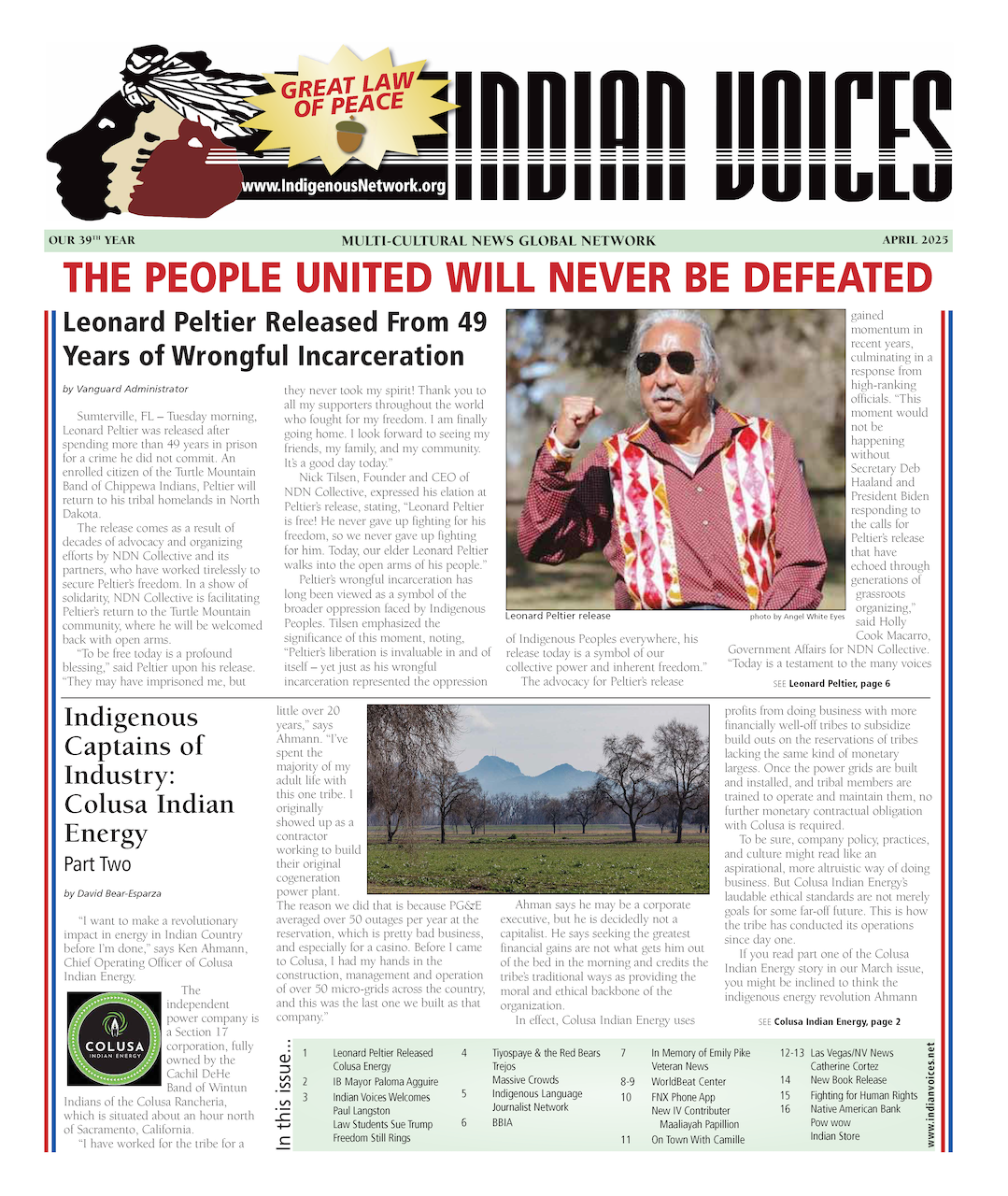By: William Loren Katz
Professor Jack D.Forbes born of Powhatan-Renape, Lenape and Cherokee ancestry, died this week in 2011 but his lasting contributions to the scholarly fields of Native American history and Black Indian history in the Americas will live on. I say that as amost grateful beneficiary of his research.
In California,Dr. Forbes initiated Native American Studies at the university level, and wenton to integrate the role of Africans into what he treated as their jointhistory in the Americas. Dr. Arica Coleman of Johns Hopkins University, aleading authority in this field, has written:
“[Dr. Forbes] taught us that the threadsof the red and the black, a complex weaving that began more than four centuriesago, are intertwined and securely woven into the fabric of America. Therefore,let us offer tobacco and pour libation in tribute to a man whose academic legacy reaches far and wide.”
Not many years ago Iwas honored to appear on an extended radio interview program with Dr. Forbes. This took place as a major controversy exploded over efforts of some Cherokee leadersto claim sovereignty rights allowed them to deny their African-descendedmembers [but not their European-descended members] membership rights -- evenwhen these rights were written into treaties.
Dr. Forbes was botheloquent and angry. First, he pointed out that Indians have always adhered to treaties even when whites flagrantly violated them.
Turning to the Cherokee case he pointed out Cherokee common law always granted freedom to the children of captives of all races, and these children then became participating members of the Nation. A sovereign State, he emphasized, includes all kinds of people in its jurisdiction or else it is little else than a racial family thatlives according to its self-articulated notions of superior blood. If Connecticut or New Jersey decided to expel or nullify the rights of somecitizens based on blood purity, skin color, facial type, or ancestry, he asked,could it claim sovereignty?
He emphasized that to summarily exclude people from membership in a Cherokee Nation that their ancestors worked so hard to build and nurture, and for which they once toiled as slaves without compensation, dismisses a history of shared sacrifice, anddeclares a willingness to abandon and dispossess former relatives, friends and allies. African blood is questioned at this time, he said, but what about next time -- when some Cherokees may seek to expel members because of blood?
After that the best I could add was a few questions. Why would people who for five centuries were targeted for enslavement and destruction by European invaders — claiming the natural superiority of their European blood, civilization and religion — invoke a blood theory to justifypersecution of their own members? Why more than half a century after the Nazi death camps exposed the final destination of warped racial thinking would membersof Indigenous Nations argue for blood purity?
Dr. Jack D. Forbes will live forever through this good work, scholarship and humanitarian gift tothe world.
_____________________________________________
*William Loren Katz is the author of Black Indians: A Hidden Heritage and forty other books. His website: williamlkatz.com





